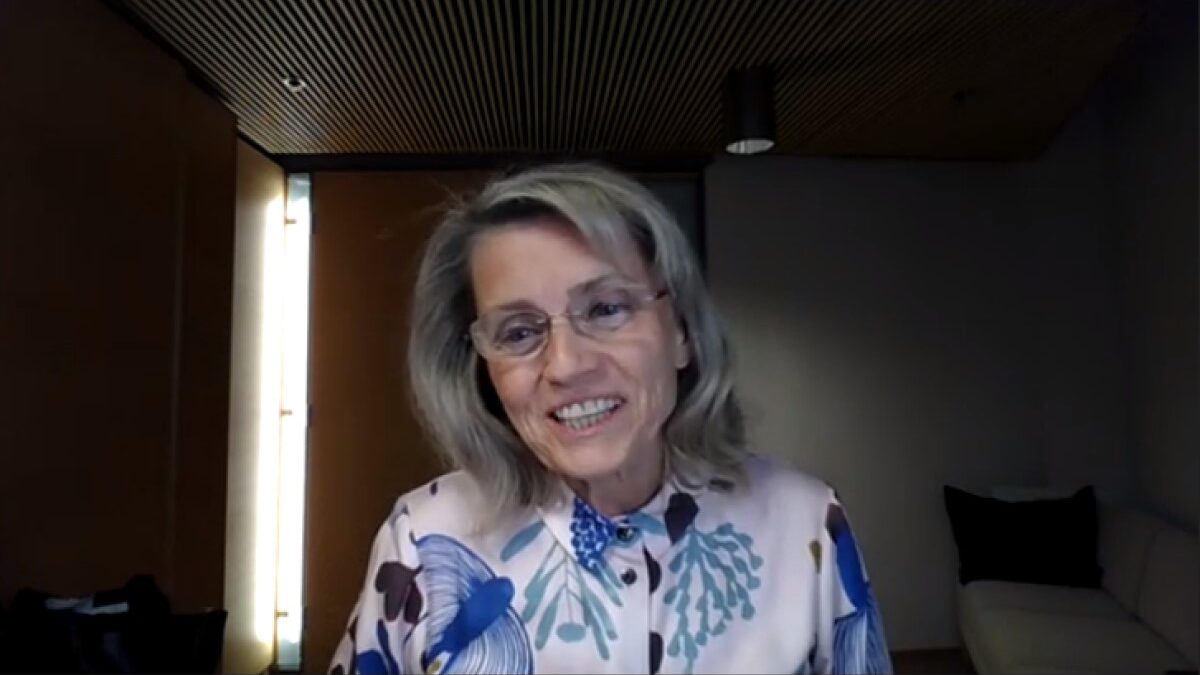
Like many other locales across the nation, in the name of reducing coronavirus transmission Wake County, North Carolina continues to ban Christians from their central rite of communion while allowing hand-delivered food so long as it’s served by restaurants instead of pastors.
After I reported last week on threats against a local church for holding services within government social-distancing and hygiene guidelines while grocery, hardware, and other retail stores are allowed to operate within more expansive rules, the nonprofit legal group Alliance Defending Freedom warned Wake County their rules “unconstitutionally treat[] churches and other houses of worship worse than similarly situated non-religious organizations.”
Wake County is the home to Raleigh, the state capital, and the state’s most populous county, at more than 1.1 million residents.
“The government is not being neutral toward religion when it treats religious groups and individuals worse than everyone else,” said ADF Senior Counsel Ryan Tucker in a statement. “We support the efforts of public officials to prioritize health and safety, but it is illogical and unconstitutional to apply government orders in a way that singles out churches for harsher treatment. We are asking the county to repeal its ban and avoid the need for any litigation over the matter.”
Wake County subsequently updated its guidance, but it still discriminates against religion by applying stricter rules to its exercise than to non-religious activities. The county’s order restricting communion has not been rescinded or replaced with another legally binding order, according to the county’s Covid-19 information portal. The county has only issued nonbinding guidance appearing to make some exceptions while still presuming to tell religious Americans how they are permitted to worship and mandating stricter rules for sacrament distribution than for restaurant food.
The latest county order regarding communion is an amendment to the initial order dated April 15. It states, “The following contact activities are strictly prohibited: handing out literature during the service, distributing communion elements, and personal collection of tithes/offerings.”
The county’s April 24 guidance issued in response to ADF’s complaint imposes the following rules on sacrament preparation and distribution:
Communion
Religious groups that want to share the sacraments with their congregations can do so in the following ways:
- Invite members in advance to bring their own sacraments to the service;
- Place the sacraments in self-serve packages for easy pickup prior to the day of the service; and/or
- Put the sacraments in self-serve packages and leave them on a table for convenient drive-by pickup right before the service begins.
Assembly of self-serve packages should be done using proper food safety guidelines. Drivers must also keep six feet of distance between their vehicles when picking up the sacraments, and the tables holding the sacraments must be unattended.
In its response to ADF’s letter, the county also reiterated: “The county’s proclamation prohibits members of faith communities who aren’t from the same family or household from touching others or shared objects such as communion elements, literature, or offering plates.”
Needless to say, restaurants, hardware stores, and grocery stores are not required to have customers bring their own food and other items for preparation. They are not required to keep all customers from different families from touching each other or any other object inside their stores.
These nonreligious entities are also not required to prepare food pickup orders a day in advance. And it is not clear how a virus that reportedly can last on surfaces for several days can be contained by requiring pastors to prepare “self-serve packages” and put them on a table for people to pick up.
These are arbitrary and discriminatry rules not dictated by health considerations at all, but some bureaucrat’s desire to micromanage sacred matters that are completely outside of government purview, according to American legal precedent and historic traditions. Assuming ignorance instead of ill intent, one can only guess that whoever made these rules has never consulted with clergy or theologians about the preparation and distribution of what millions of Christians believe is Jesus Christ’s own body and blood.
If the bureacracy had done this, they would have learned that myriad historic Christian traditions, including of the Roman Catholic Church, Orthodox churches of all varieties, conservative Lutherans, many Anglicans, and many others absolutely refuse to treat God’s precious body and blood by placing it in plastic packages and putting it on drive-by tables for people to pick up like fast food or items in a bake sale. That is sacrilege.
Not only do state officials have no right to demand that Christians commit sacrilege or be forced to break God’s commandments to take communion and assemble frequently in worship, their demand is also deeply offensive in the same way these officials would tie themselves in knots to avoid were the potentially offended parties Muslims or LGBT people.
Unless Wake County wants to start locking down Home Depot, farmer’s markets, restaurants, newspapers, garden centers, plumbers and HVAC businesses, and dog grooming services with these same ludicrous regulations so that churches are not treated as second-class establishments, they need to end their offensive, targeted, and ignorant discrimination against sacramentalist Christians immediately.
U.S. Attorney General William Barr has issued legal guidance demanding precisely this to satisfy constitutional and federal law, and Wake County is clearly in violation of this guidance:
even in times of emergency, when reasonable and temporary restrictions are placed on rights, the First Amendment and federal statutory law prohibit discrimination against religious institutions and religious believers. Thus, government may not impose special restrictions on religious activity that do not also apply to similar nonreligious activity. For example, if a government allows movie theaters, restaurants, concert halls, and other comparable places of assembly to remain open and unrestricted, it may not order houses of worship to close, limit their congregation size, or otherwise impede religious gatherings. Religious institutions must not be singled out for special burdens.
If common decency won’t persuade Wake County to stop this ignorant, unconstitutional, and offensive disparate treatment of Christians, a lawsuit should.









